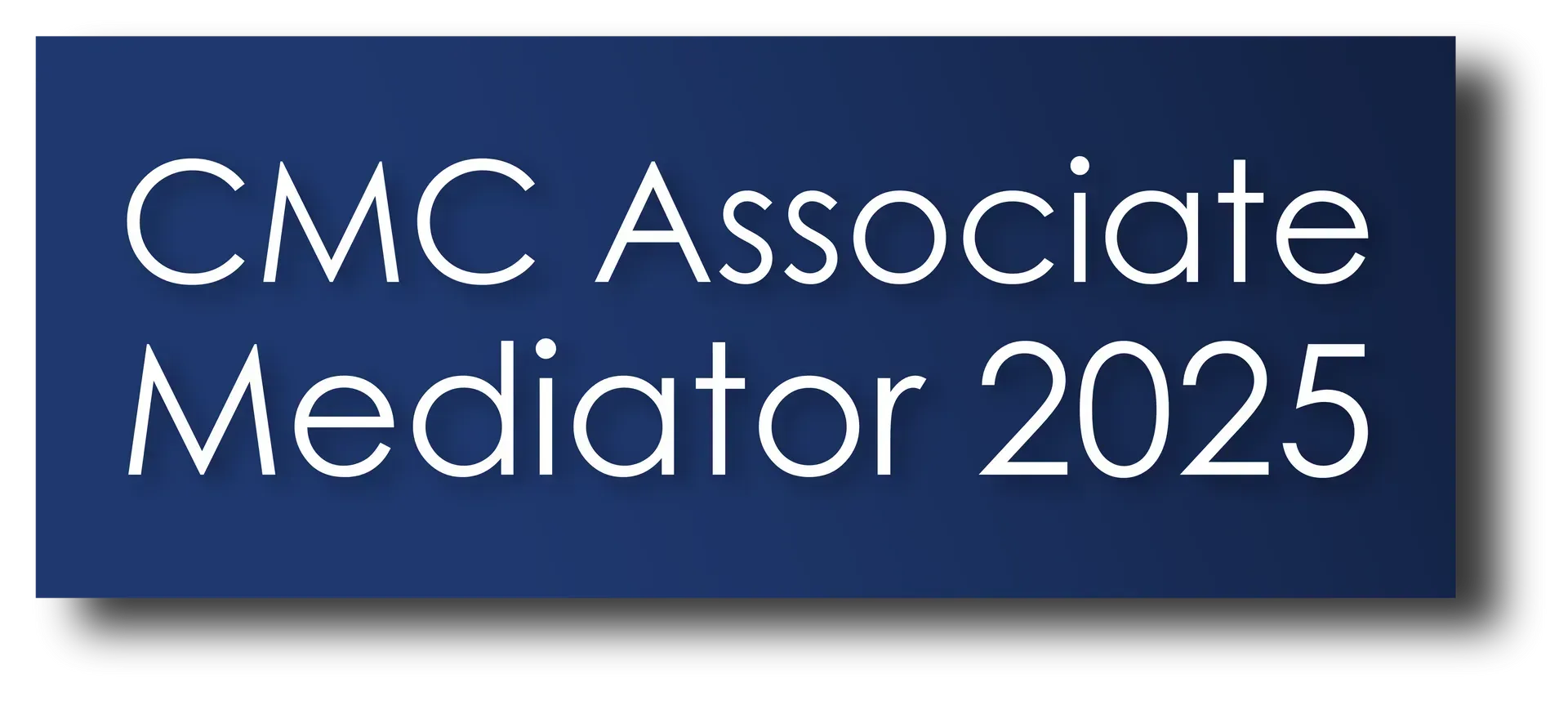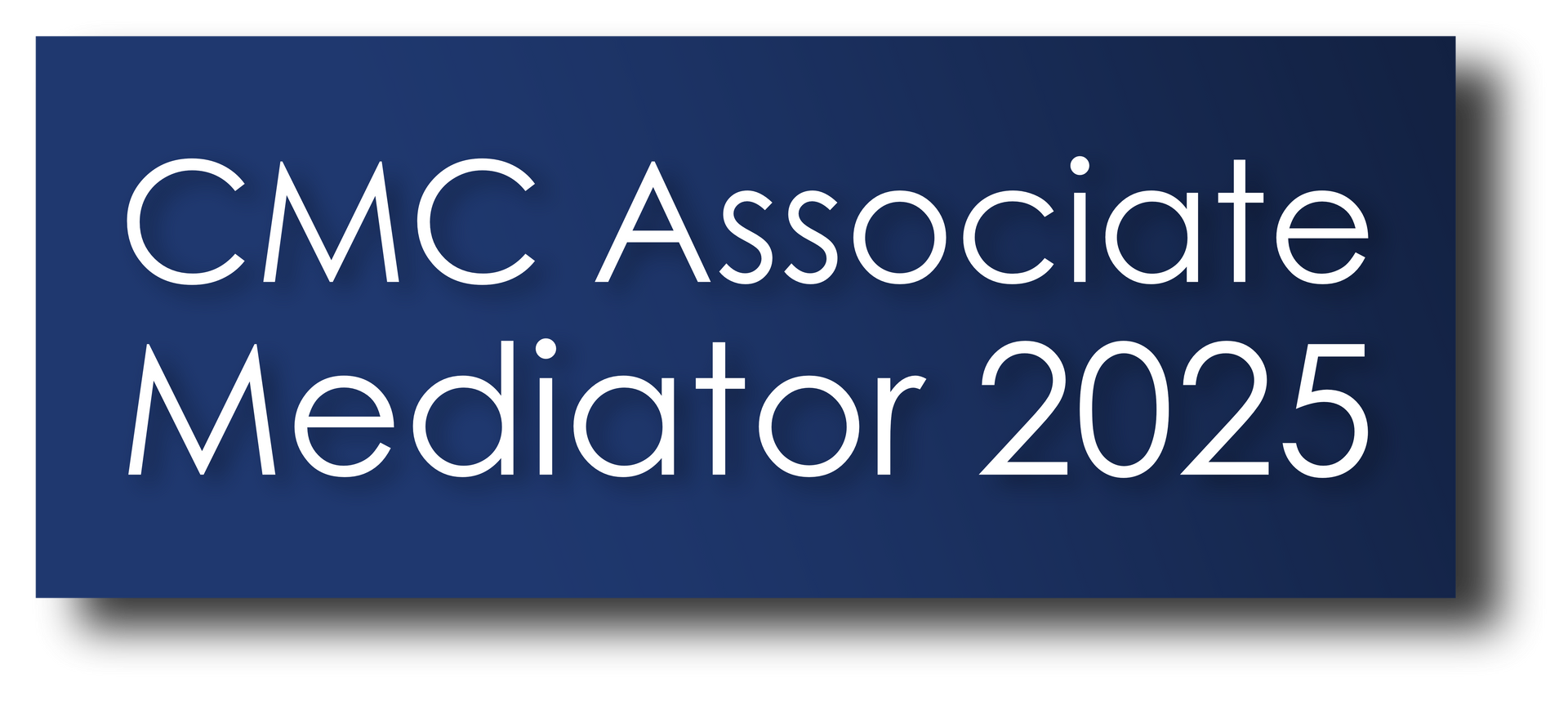HOW TO IMPROVE ALL YOUR RELATIONSHIPS AND BECOME A BETTER NEGOTIATOR
Over the years I have attended some excellent courses in mediation and negotiation. I have studied psychology, passed exams in business negotiation and read numerous books on the subject of influence, crisis/ hostage negotiation and therapy.
My Career path has led me to work alongside the police, local government, councils, the NHS and also in the corporate sector, negotiating high-end business and property deals.
I initially started working in therapy and coaching and later as a Manager and now a full-time negotiator/mediator. So whenever I am asked what it takes to be a great negotiator or resolve a dispute, I can say without a doubt that everything I have ever studied, learnt and now taught has led me to this single thought.
"If you want a better result in any mediation, then the first thing you need to change is your own mindset. Basically, If you are not getting the results that you want, then all you have to do is talk less, listen more and ask the right questions”
Now you may think that is a bit of an understatement, but the truth of the matter is, whenever you are ever taking place in any negotiation then you need to ensure that you are being effective within the conversation and the process. Now my experience has taught me that there is only one way to do this effectively and it is by taking the path less travelled and not talking so much.
In all negotiations and mediations if you want a better outcome then you need to be the person who talks less, listens more and just asks the right questions. Have you ever watched a great interviewer at work? think of someone like Oprah Winfery, she knows how to listen and also how to ask the right question at just the correct time. Oprah can steer a conversation and the person she is talking where ever she likes, she would make a great negotiator. From just watching her interview techniques it is so easy to see how she engineered her career to one of the most successful interviewers of our time. Oprah controls the entire direction of the conversation, just by listening and asking questions!
In my own mediations and negotiations, I listen about 70-80% of the time and just ask questions.
Now there are many hard-nosed, old-school business negotiators out there who believe that this approach is passive, weak, and ineffective and still believe that if they dominate the conversation then they are controlling the whole game. Well if you go down the outdated route of attempting to rule the conversation by non-stop talking and being aggressive with intimidation, manipulation, and threats, then you may “win” the odd negotiation. but very soon you will find that people will not want to deal with you. You will also miss the whole point of a negotiation which is to build a long-term empathetic relationship.
Negotiations and mediations can often be like ju-jitsu in that you allow others' energy and strength to be redirected against them. It is your role, to redirect this energy into something positive which allows you to either resolve an issue or obtain a better deal. Think of it this way, if you have someone who is ranting and raving and getting upset, if you do not react in the same manner and respond in a calm fashion, then what happens? You just have one person who is shouting and screaming and the energy can easily be displaced by you allowing it to never land and affect your emotions. Eventually, they will burn out their energy. So, like a great strategic fighter, you can conserve your energies by keeping a calm head and not reacting emotionally and when the other person has burnt themselves out and are ready to listen and talk, you can ask some helpful questions.
If you want to learn or improve your negotiation skills, I also run an online or face-to-face mediation and negotiation coaching service, contact me for a free consultation call.
Jason
Call: 07919102191
Website: Vantage Mediatio n











